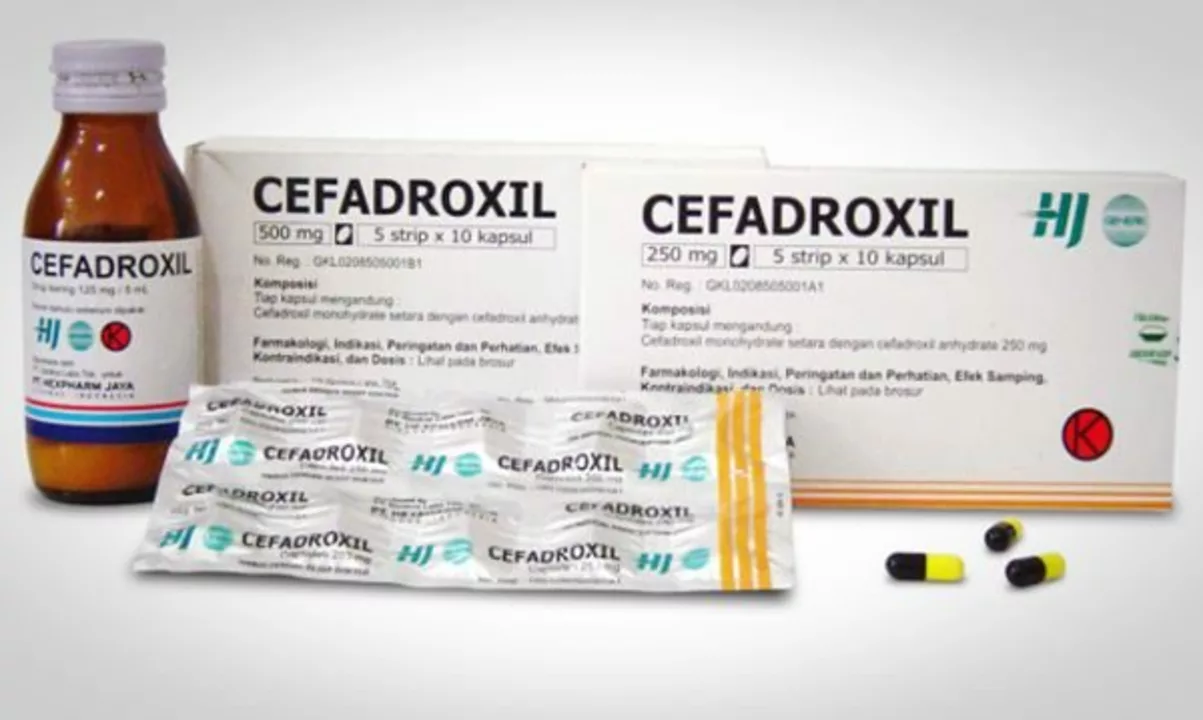Medication risks you need to know — side effects, interactions and buying safely
Medications help a lot, but they can also cause real harm if handled carelessly. This page collects practical warnings so you can use drugs smarter: spot bad online pharmacies, avoid dangerous mixes, and know when to call your doctor.
Common risks and clear signs to watch for
Side effects range from mild (nausea, drowsiness) to serious (severe allergic reaction, breathing trouble, liver or kidney damage). Watch for new or worsening symptoms after starting a drug — especially high fever, yellowing skin, sudden muscle pain, fainting, or trouble breathing. These need urgent medical attention.
Drug interactions are a major hidden risk. Some examples: statins like simvastatin raise muscle injury risk when combined with certain antibiotics or antifungals; antidepressants or gabapentin mixed with alcohol or strong sedatives increase drowsiness and fall risk; first-generation antihistamines (diphenhydramine) cause heavy sedation compared with loratadine. Always tell your prescriber about all medicines and supplements you take — even herbal remedies like St. John’s wort or Umckaloabo can change how drugs work.
Certain drugs need closer monitoring. Ketoconazole and some painkillers can harm the liver; ketorolac raises bleeding and kidney risks and should be short-term only; opioids, sedatives, and promethazine (Phenergan) can suppress breathing when combined. If your medication requires blood tests or dose checks, follow them.
Buying meds online — safety checklist
Looking for lower prices online? Great, but check these points first. Does the site request a valid prescription and show a licensed pharmacist contact? Trusted sites usually display pharmacy licenses, clear return and privacy policies, and verifiable business addresses. In Canada, look for membership in known associations (like CIPA) or a provincial license. For U.S. buyers, NABP/Verified Internet Pharmacy Practice Sites listings help.
Beware of red flags: unbelievably low prices, no prescription required, sloppy website copy, or payment by wire only. Counterfeit drugs can contain wrong doses, contaminants, or unsafe ingredients. If a product looks different than usual (tablet color, smell, packaging), stop using it and check with a pharmacist.
Legal and import risks matter too. Some medicines — anabolic steroids, controlled painkillers, certain psychiatric meds — are illegal to import in many countries. Ordering these can lead to confiscation or legal trouble. When in doubt, ask your local health authority or pharmacist.
Finally, if you have a bad reaction: stop the drug if safe, get medical help if symptoms are severe, keep packaging and dosing info, and report the event to your prescriber and local medicine regulator. That helps protect you and others.
Use medications with respect: read labels, check interactions, buy from verified sources, and ask questions. Small checks now can prevent big harms later.
Acetaminophen and heart health: What you need to know
As a blogger focused on health, I recently researched the connection between acetaminophen and heart health. It turns out that regular use of acetaminophen, a common pain reliever, could potentially cause an increased risk of cardiovascular issues. The risk appears to be higher in those with pre-existing heart conditions or those who take the medication frequently. However, it's essential to consult with a medical professional before making any changes to your pain management routine. Remember, maintaining good heart health involves a combination of a balanced diet, regular exercise, and proper medication management.
- View More
- 18
Cefadroxil and Allergies: Understanding the Risks
As someone who's been researching Cefadroxil and allergies, I've come to understand the risks involved. Cefadroxil is an antibiotic used to treat various bacterial infections, but it's important to know that it can cause allergic reactions in some individuals. These reactions can range from mild skin rashes to severe, life-threatening conditions like anaphylaxis. So, if you're prescribed Cefadroxil, make sure to inform your healthcare provider about any allergies you may have, especially if you're allergic to penicillin or other cephalosporin antibiotics. Doing so will help minimize the risk of an adverse reaction and keep you safe during treatment.


